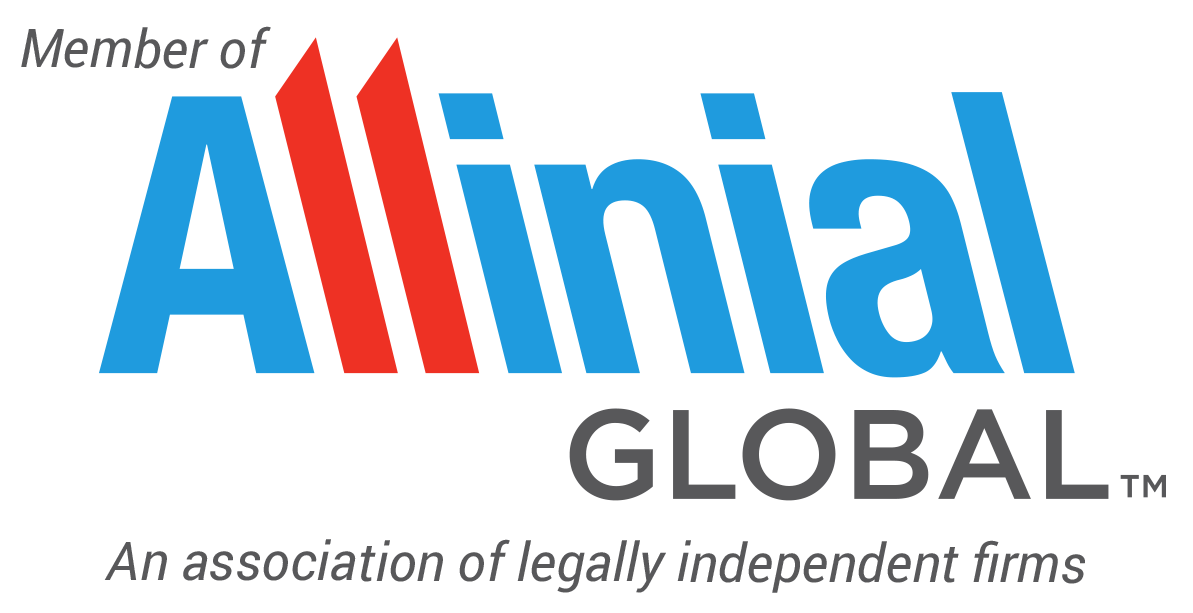Remember Connor Artist, the bookkeeper hired to oversee collections of Awesome Bigwig Company (ABC)? When we last left him in “An Internal Controls Series Part I,” he was embezzling money through his lapping scheme by concealing the stolen cash with subsequent customer payments. Connor has not only managed to pay off his large debt but he is now starting to upgrade his lifestyle with new car, expensive hobbies, and flashy clothes. He is, however, getting tired of keeping up with two separate sets of books – one he shares with the owners of ABC and one he keeps to track actual customer receipts; Connor has been unable to take a vacation in over a year.
When Opportunity Knocks
Just last month, ABC lost their accounts payable clerk. The owners of the company have asked Connor to add the a/p responsibilities to his workload. After overseeing accounts payable for a month, Connor realizes he has carte blanche to whom he sends payments. Seeing his opportunity, Connor opens a bank account under a fake company name, X-Yard Zen (XYZ), and creates fake invoices with the XYZ logo. In his weekly check disbursement duties, Connor includes the XYZ invoice and a check for $5,000 for fictious monthly landscape services. Since landscaping services are a common expense for ABC, the owner approves the invoice, signs the check, and returns it back to Connor Artist to mail out with the others.
Beware of the Lapping Scheme
A few months pass and Connor’s fictious landscaping services go undetected. However, the shell company scheme is not as lucrative as the lapping scheme. Connor decides to take advantage of another hole in ABC’s internal controls. After the owner signs the checks for Connor to mail, Connor alters the amount of the signed XYZ check from $5,000 to $50,000. Once Connor gets away with the first large transaction, he realizes that he found a new easy way to continue to support his new lifestyle.
The Red Flags and the Importance of Internal Controls
- An indication that an employee might be stealing money is a sudden change to his or her lifestyle. Are they suddenly going on more vacations, putting happy hour drinks on their tabs, or buying items that seem beyond their means? While other life events can trigger such changes, this is an important red flag of which to be aware.
- Companies should attempt to implement segregation of duties as best they can. Putting Connor Artist in charge of both accounts receivable and accounts payable leaves the company vulnerable. With so much control, Connor can more effectively commit and conceal his fraud.
- Accounting software can be set up so that checks can only be paid to those on the Vendor Master List. However, segregation of duties must be present so that the same person processing the payments is not the same person adding vendors to the list. Before writing a check to XYZ, the owner of ABC could have checked the company name against the approved vendors. XYZ would have been on the list for the transaction to process in the software, but further investigation would have revealed such information as date added, contact info, and address. Connor may have had to use his home address to assure that the checks were properly routed to him. To avoid suspicion, he may have had to open a PO box, which is also a red flag—vendors have physical addresses for customers to visit them. Additionally, a simple Google search would have resulted in discovering that there was no such landscaping coming as XYZ.
- Once the checks are signed, they should immediately be mailed out to avoid check tampering. Connor is able to alter the check because the ABC business owner returned the signed checks back to him.
- A P&L comparison from month to month would have flushed out a large $45,000 difference in landscaping expense once Connor began to alter the checks. As he continues the trend, year to date P&L comparisons will reveal larger discrepancies, which would result in getting closer to uncovering the scheme.
- Start requiring mandatory vacations. Depending on a single individual for your daily operations may lead to an opportunity to commit fraud. Your team should have documented procedures to cover routine processes even when an employee is out. This helps expose schemes which require careful management by a fraudster. When employees say they had to cut their vacation short to get back to work, don’t confuse what appears to be undying loyalty with a sophisticated fraud scheme.
Let ATKG document and assess the internal controls over your accounts receivable or other business transactions cycles and make appropriate recommendations.
Ruth Olivares is a Manager at ATKG and is a Certified Public Accountant and Certified Fraud Examiner. She graduated Cum Laude and obtained her bachelors and master’s degrees in Accounting from Trinity University. Ruth can be reached at 210.733.6611 or via email at rolivares@atkgcpa.com.
